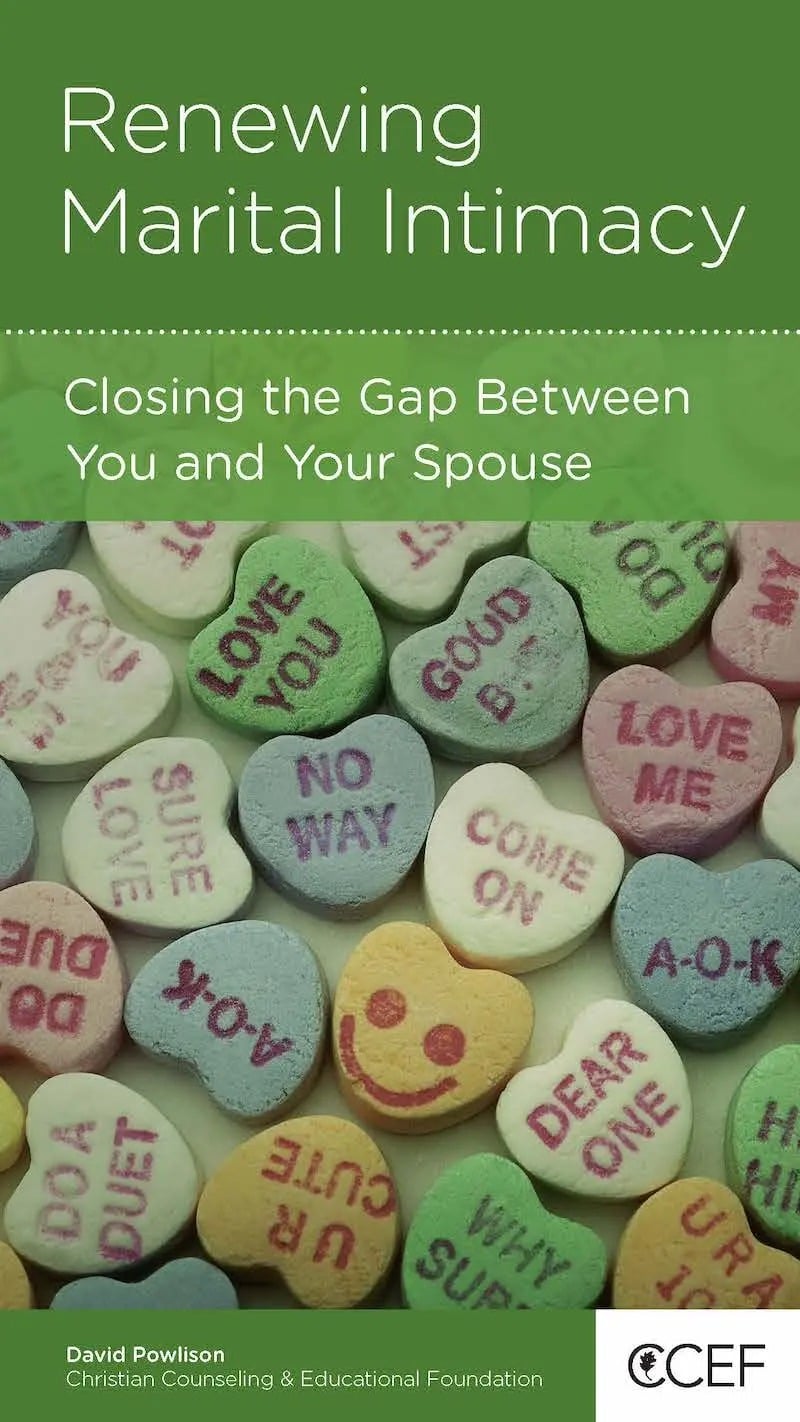
intimacy





How do I battle temptation during the Holidays? – Pt. 2
For sexual strugglers, the holidays can be a perilous time of struggle and temptation. The holidays can be a pit of despair and sin for sexual strugglers. Watch as Dave discusses a hope-filled perspective on life that can lead to joy and hope during the holiday season. If you haven’t seen the first video in…


How do I battle temptation during the Holidays? – Pt. 1
For sexual strugglers, the holidays can be a dangerous time. In a season that exults family and good times, struggles and loneliness can bear in painfully. The holidays can be a pit of despair and sin for sexual strugglers. But Dave White gives four steps to handle it successfully. Read more on what Dave is…



Rebuilding Sexual Intimacy After Sexual Betrayal
Pornography has destroyed countless marriages. Sexual sin of all kinds inflicts deep pain and damage. But in order to repair and restore the marriage, if possible, Ellen talks about four key things every couple needs to do. Read Ellen’s blog post on these key steps. And click here to read the full version of our…


